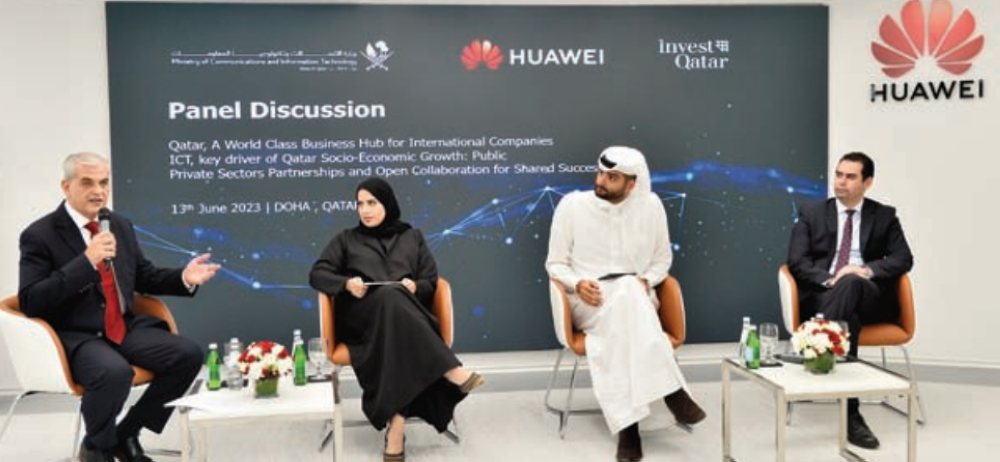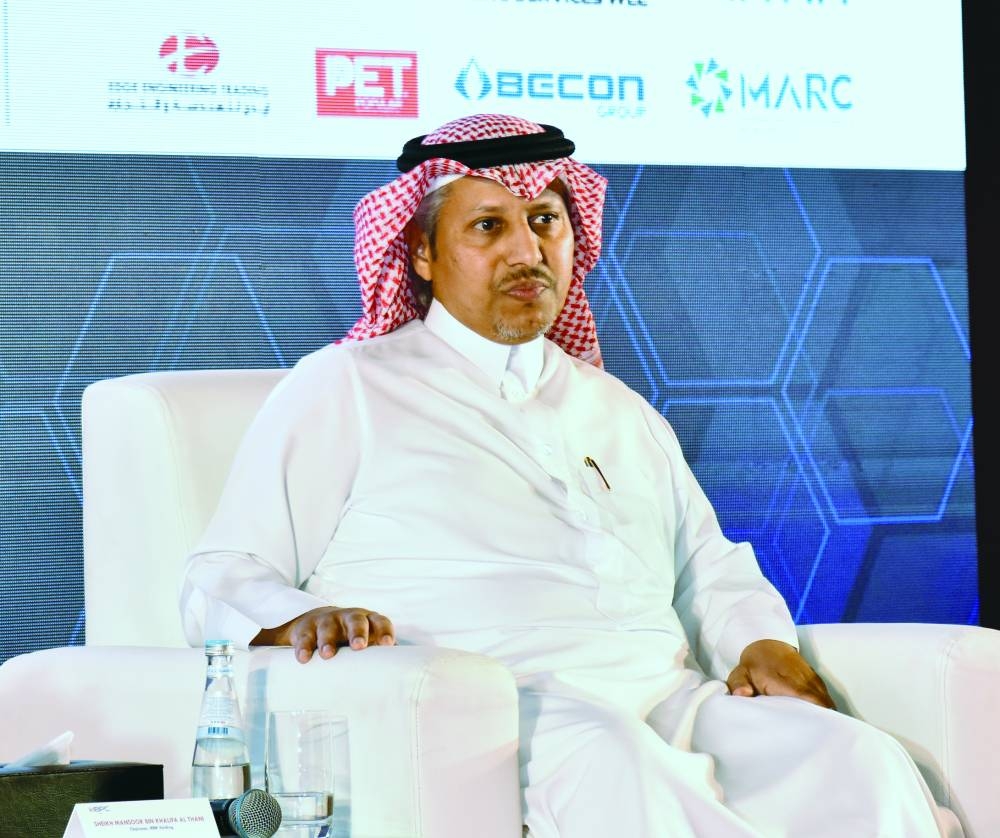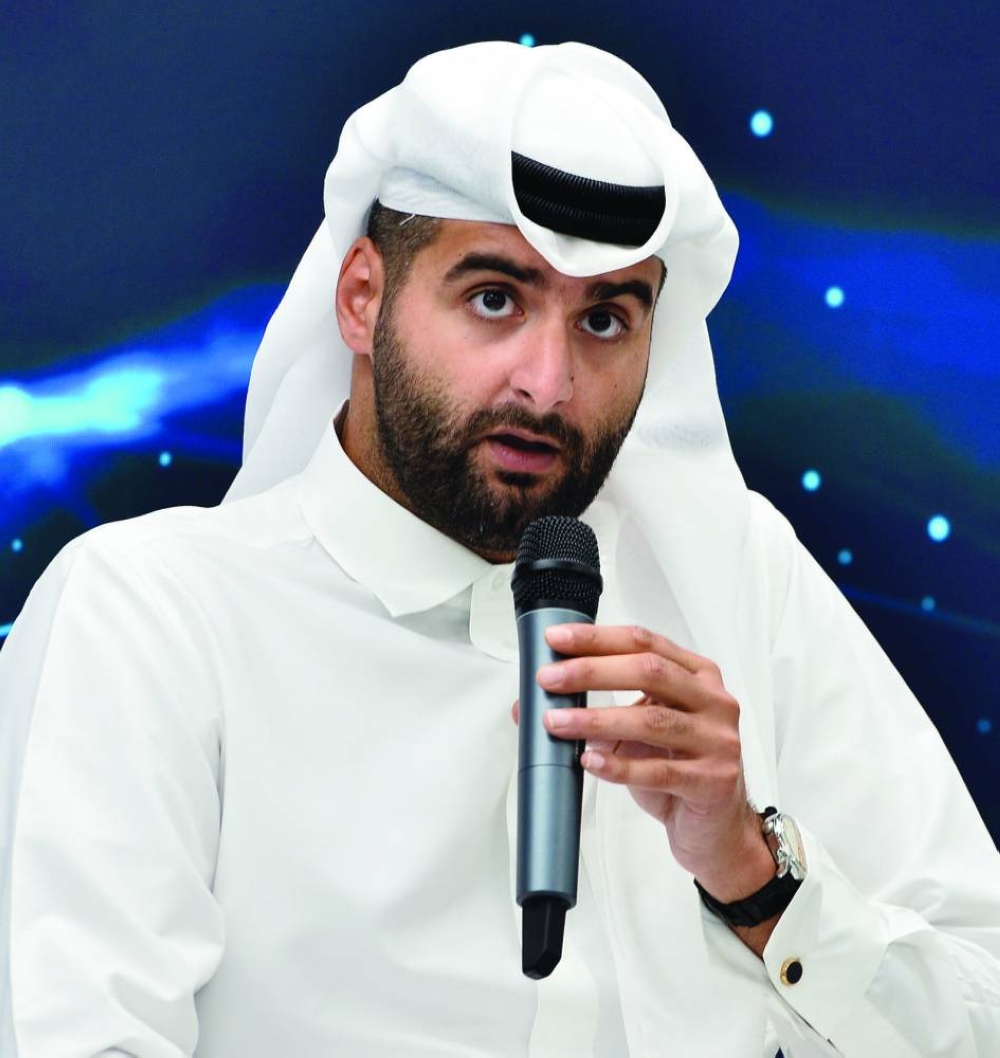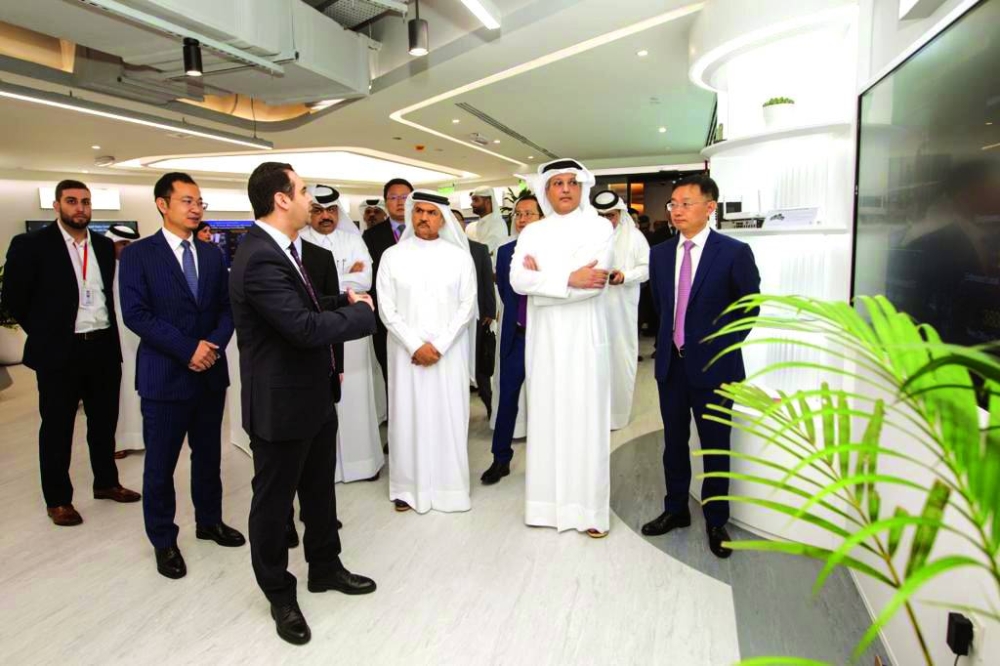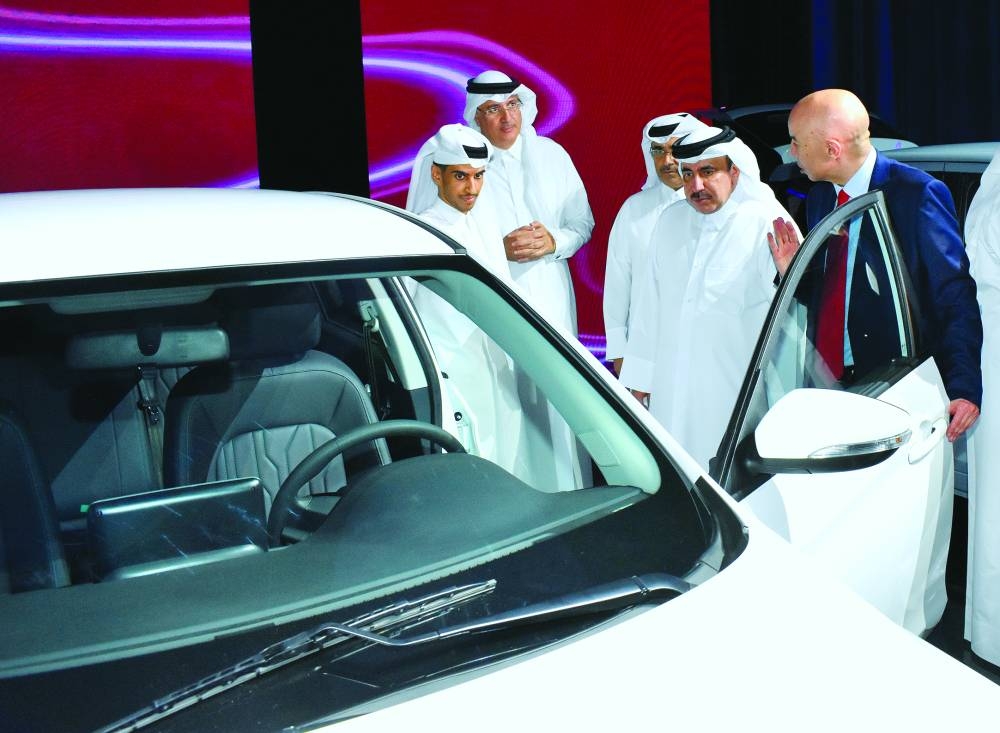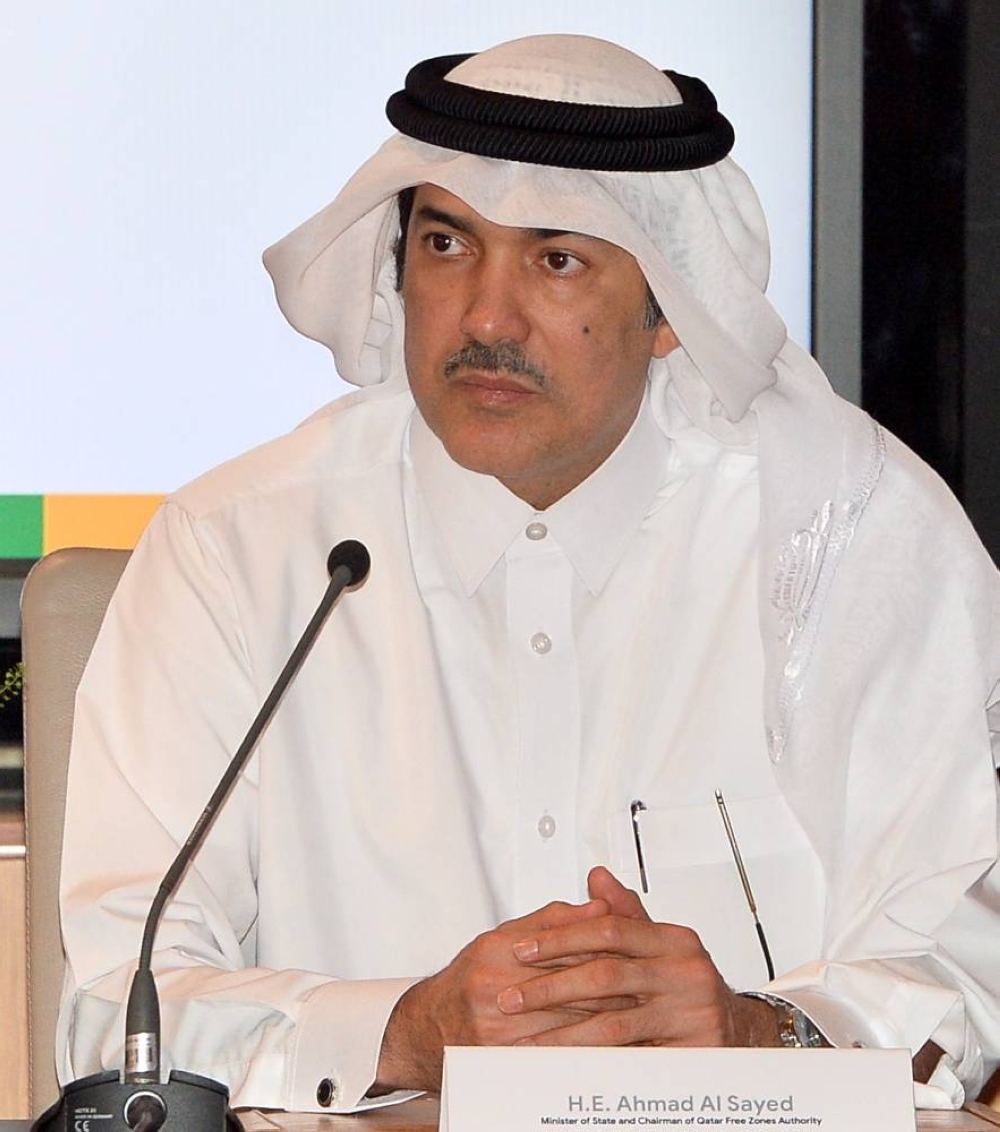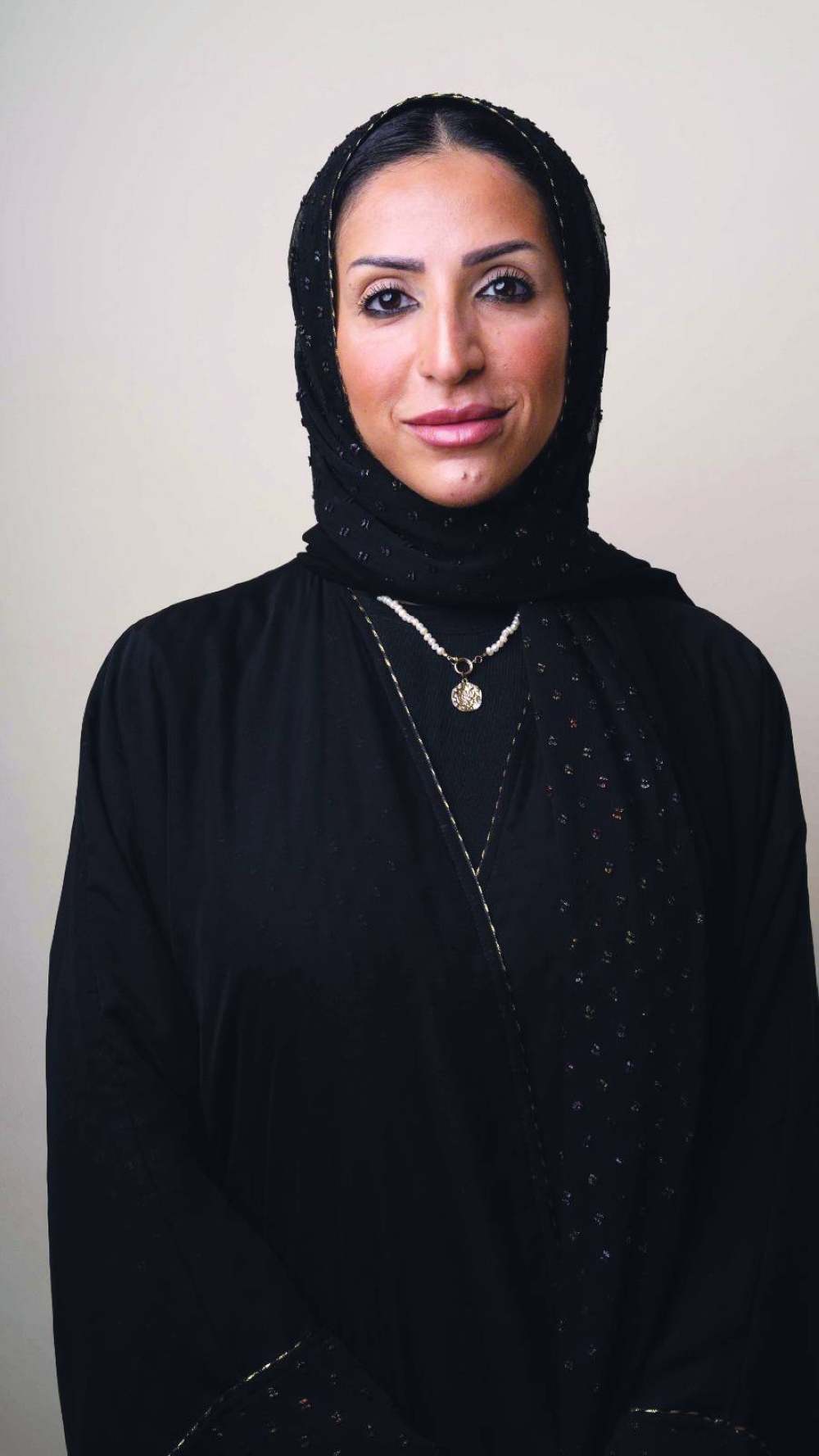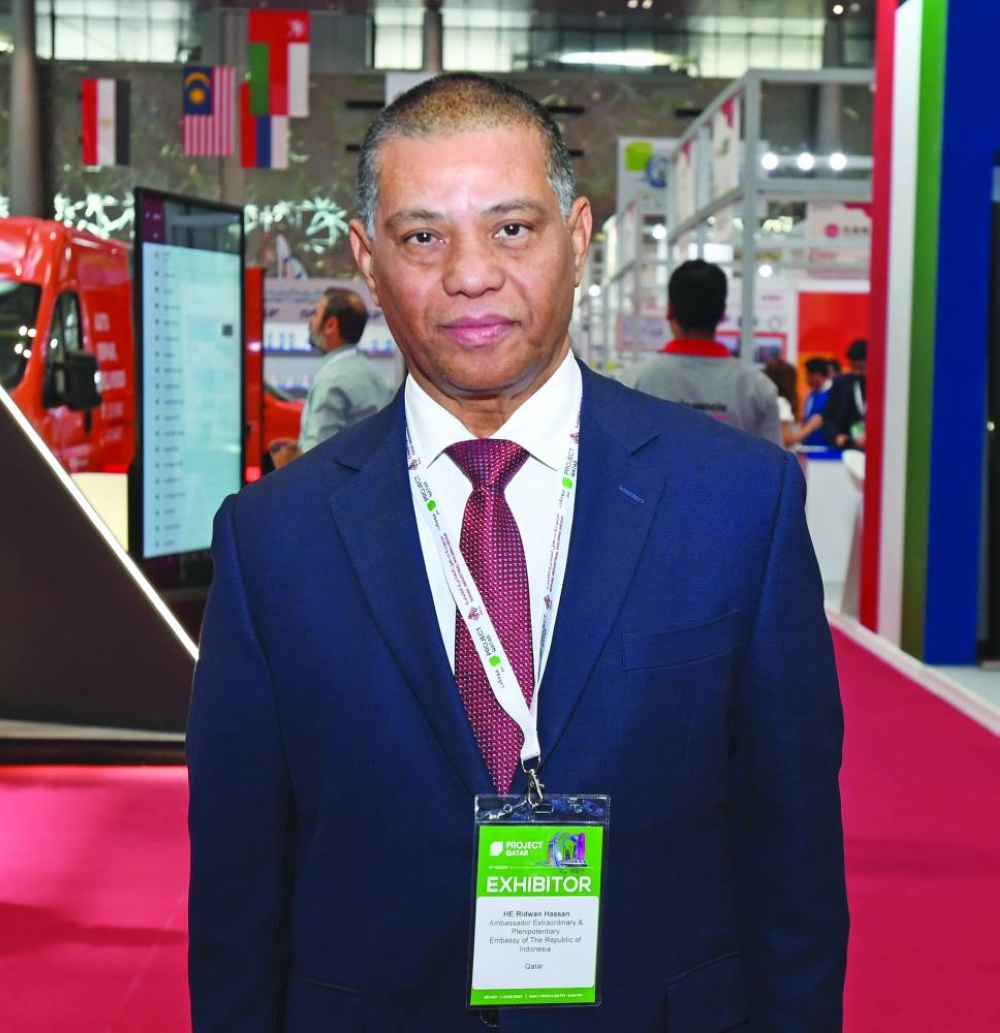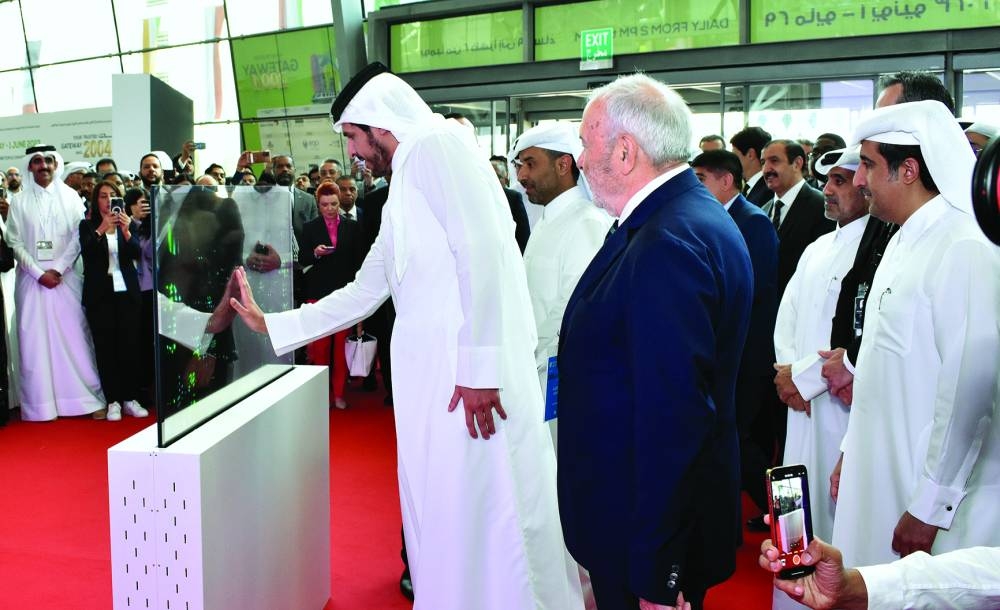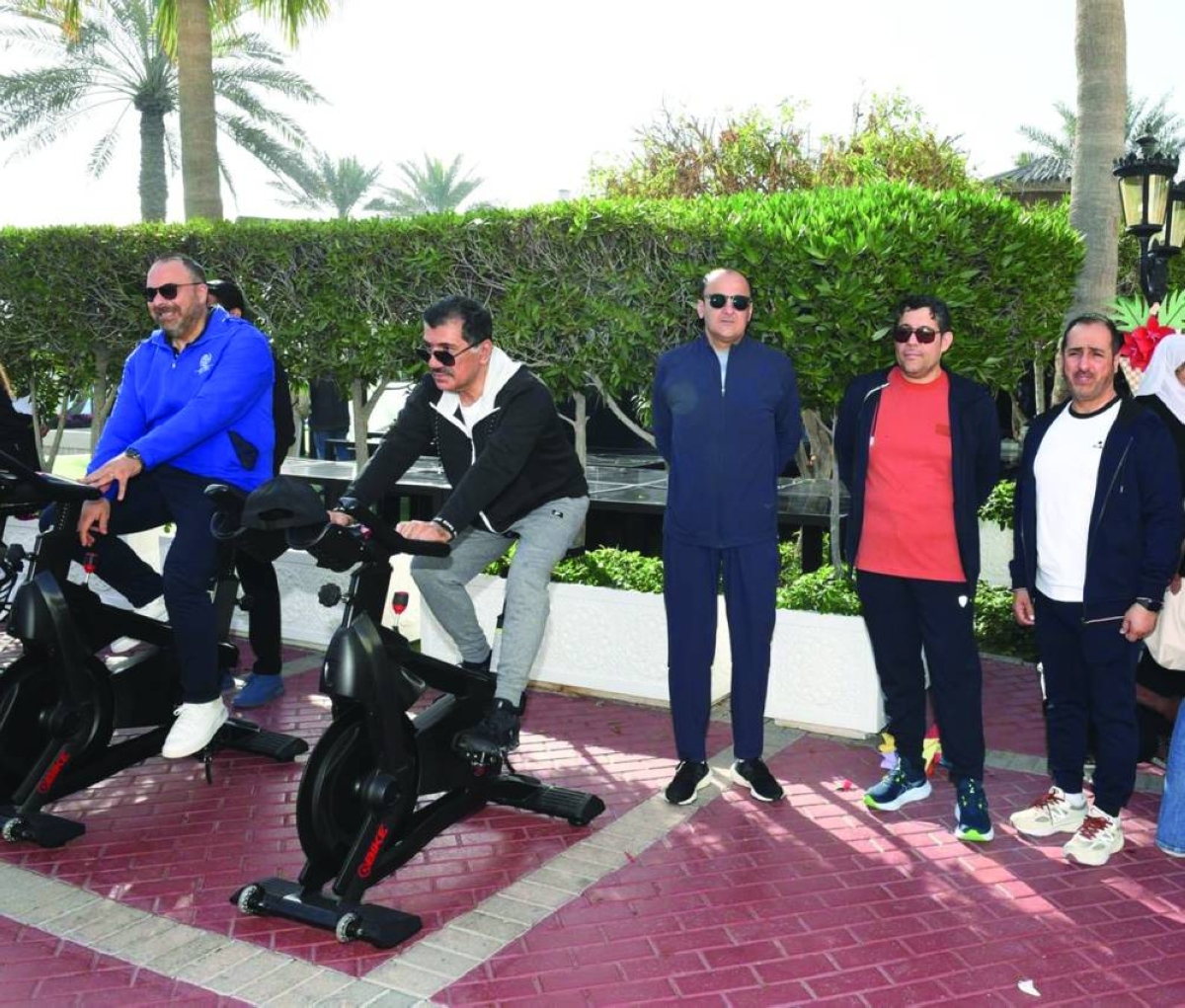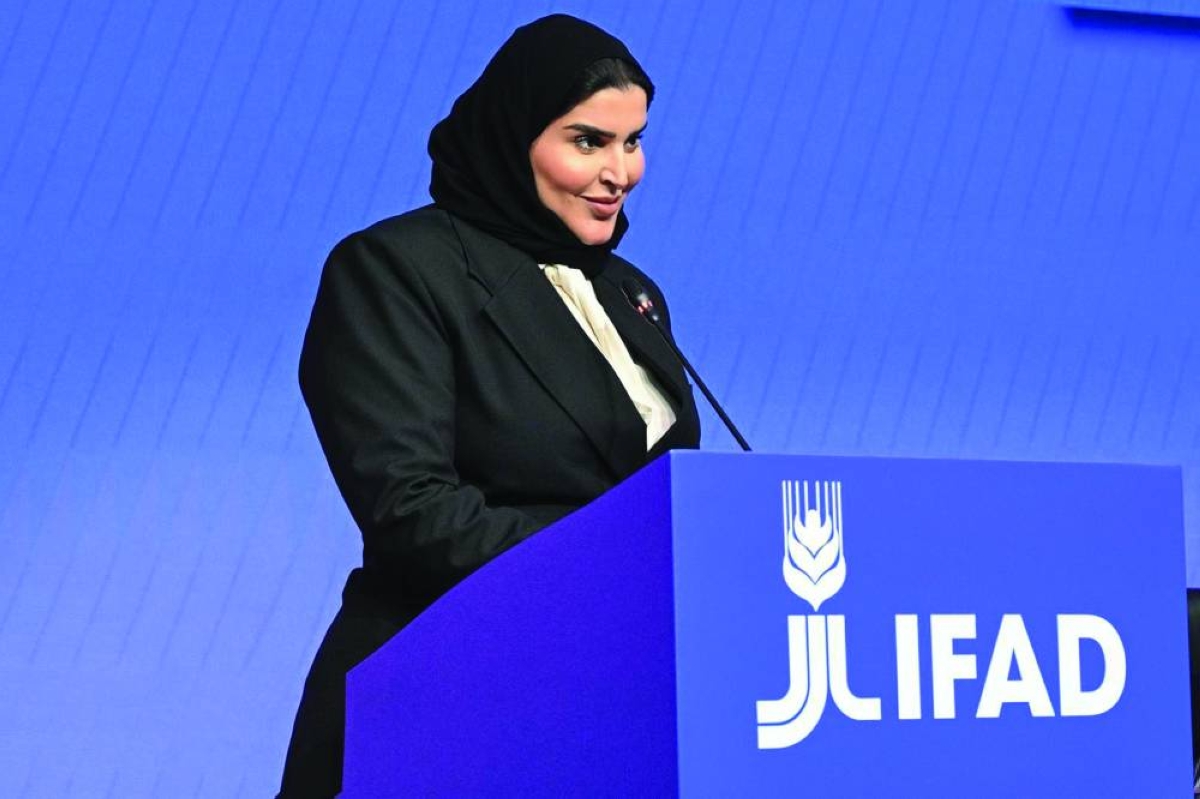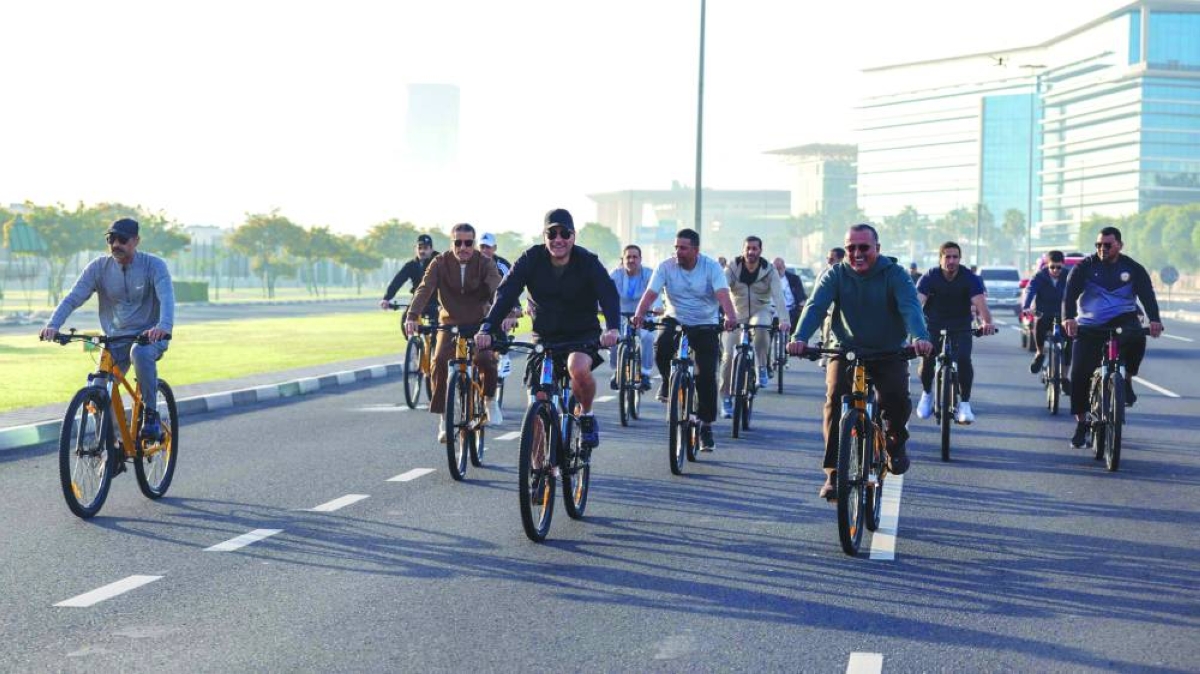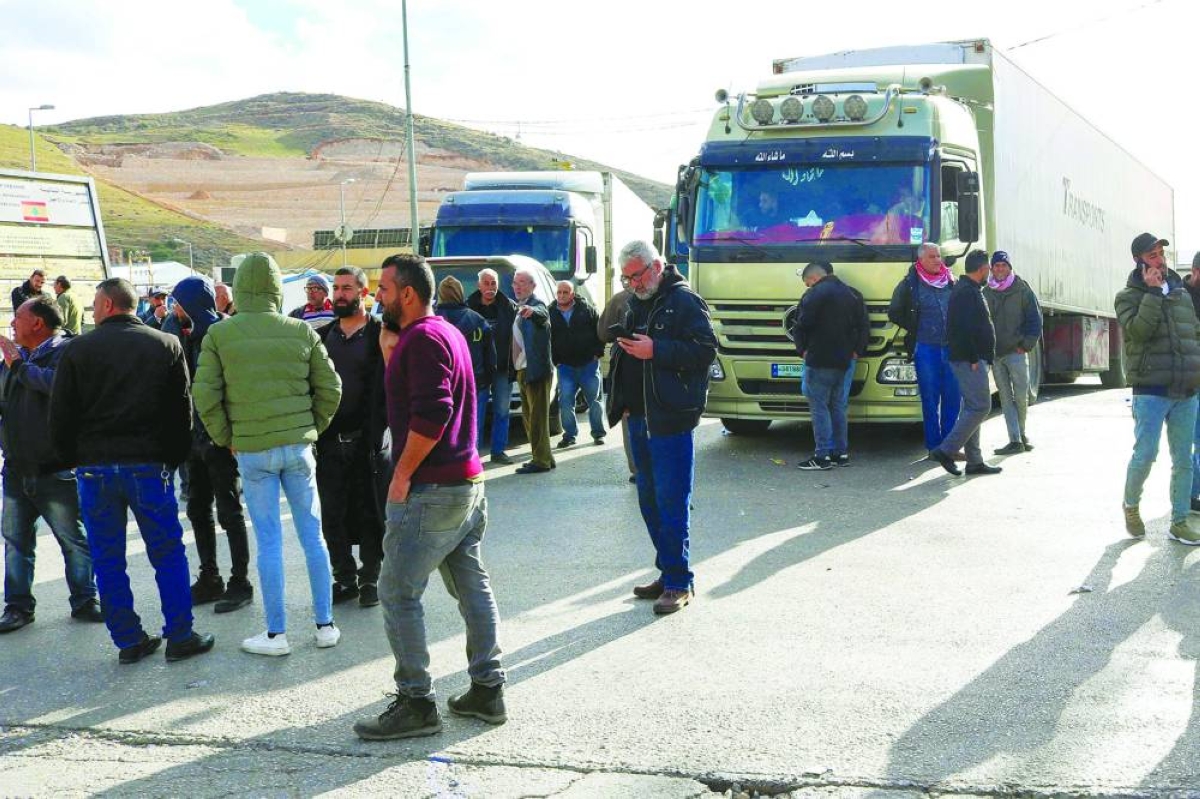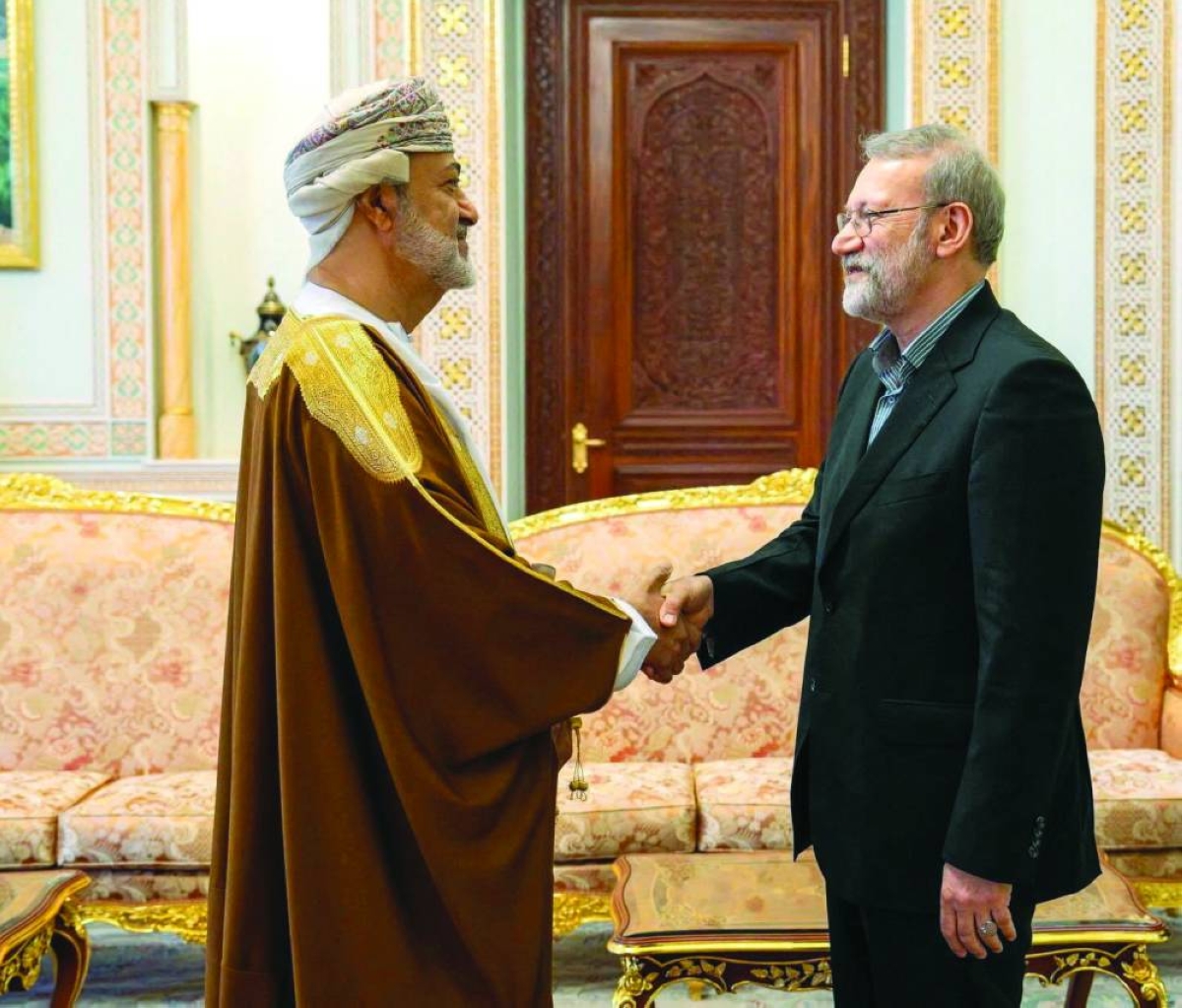Partnerships with global technology providers, such as Huawei, can play a key role in enabling the growth and development of Qatar’s information and communications technology (ICT) sector, according to Eman al-Kuwari, director of Digital Innovation Department at the Ministry of Communications and Information Technology (MCIT).“These partnerships involve collaboration in areas, such as infrastructure development, technology transfer, knowledge sharing, and capacity building,” al-Kuwari said during a panel discussion held on the sidelines of the opening ceremony of Huawei’s new state-of-the-art office in Doha.Speaking on future collaboration between the MCIT and Huawei in areas like artificial intelligence (AI) and cloud computing, al-Kuwari said the ministry is keen to adopt and benefit from the latest modern technologies to contribute to creating a knowledge-based digital economy.Additionally, MCIT has been promoting the adoption of AI in various sectors, such as healthcare, transportation, education, and smart cities, al-Kuwari further pointed out.“Regarding cloud computing, MCIT has been working on building a robust digital infrastructure to support cloud services and enable the growth of cloud-based solutions. The MCIT is working on advancing cloud technologies and leveraging their benefits for businesses and the public sector,” she explained.Al-Kuwari said MCIT had already collaborated with Huawei on projects related to innovation, adding that the ministry is open to other collaboration projects with companies like Huawei.“I believe Huawei’s involvement can contribute to infrastructure development, innovation, and research, fostering the creation of new products, services, and technologies aligned with digital transformation goals.“Furthermore, partnerships with Huawei facilitate knowledge transfer, skills development, and the establishment of strong networks, ultimately supporting the growth, competitiveness, and technological advancement of the collaborating entities and the wider ecosystem,” she said.On sustainability and green energy, al-Kuwari said the ministry is working through the Tasmu Programme to develop initiatives that serve sustainability, such as the Sustainability Readiness Index, which is an application that is leveraging input on users’ resource consumption and life habits to determine a personalised carbon footprint index. Users are able to retrieve statistics on main drivers and receive tailored recommendations to adjust their actions.Similarly, al-Kuwari said residents and businesses can utilise the P2P Energy Trading Platform to sell any excess energy produced by decentralised solar power generation to others on the grid. The platform is enabled by solar, smart grid, and net metering technology, she also said.Kamal Zian, chief cybersecurity and privacy officer at Gulf North Representative Office, Huawei, who was also part of the panel discussion, said the company is supporting Qatar in terms of ICT talent and the country’s digital ecosystem, as well as in the region and globally.Zian noted that Huawei is keen on aligning with international standards in ICT and technology. This, he said, helps Huawei to set the standard, the quality of service, and the level of security, especially cybersecurity.“Cybersecurity in that regard, for example, is a key pillar of our strategy. All the products or services that we are offering are fully certified from a global perspective and we are also adhering to the best practices for cybersecurity and privacy protection.”

Peter Alagos
Peter Alagos reports on Business and general news for Gulf Times. He is a Kapampangan journalist with a writing career of almost 30 years. His photographs have been published in several books, including a book on the 1991 Mt. Pinatubo eruption launched by former Philippine president Fidel V. Ramos. Peter has also taught journalism in two universities.
Most Read Stories

